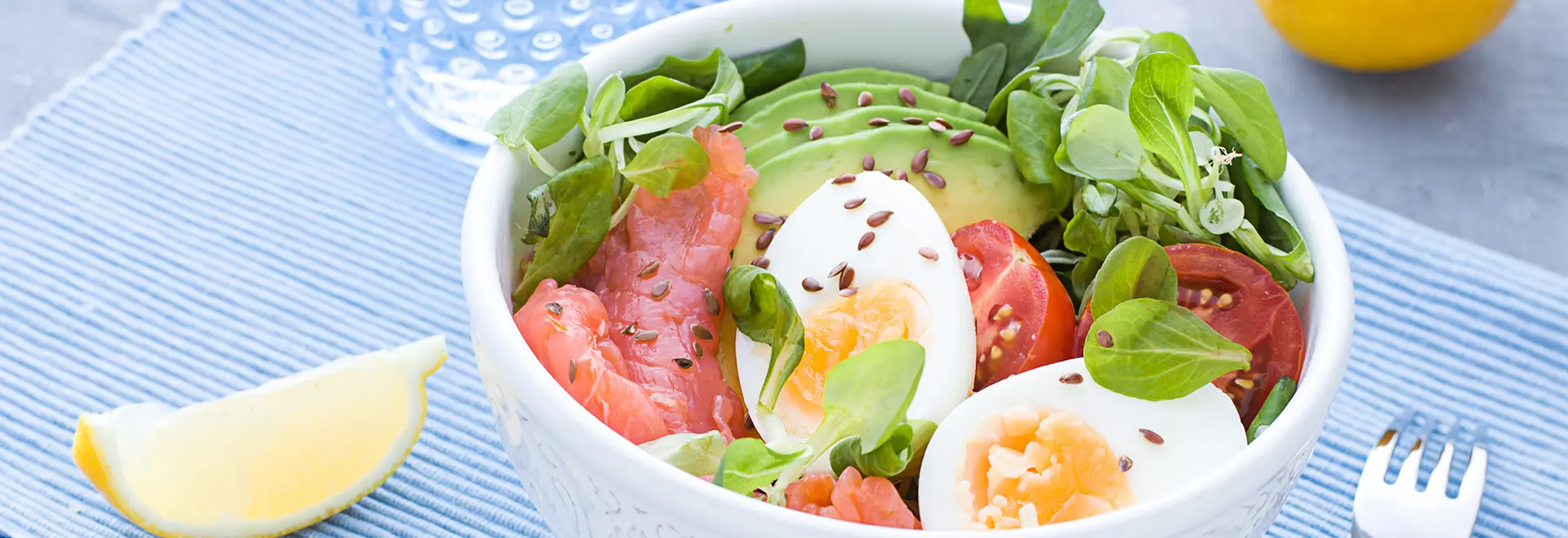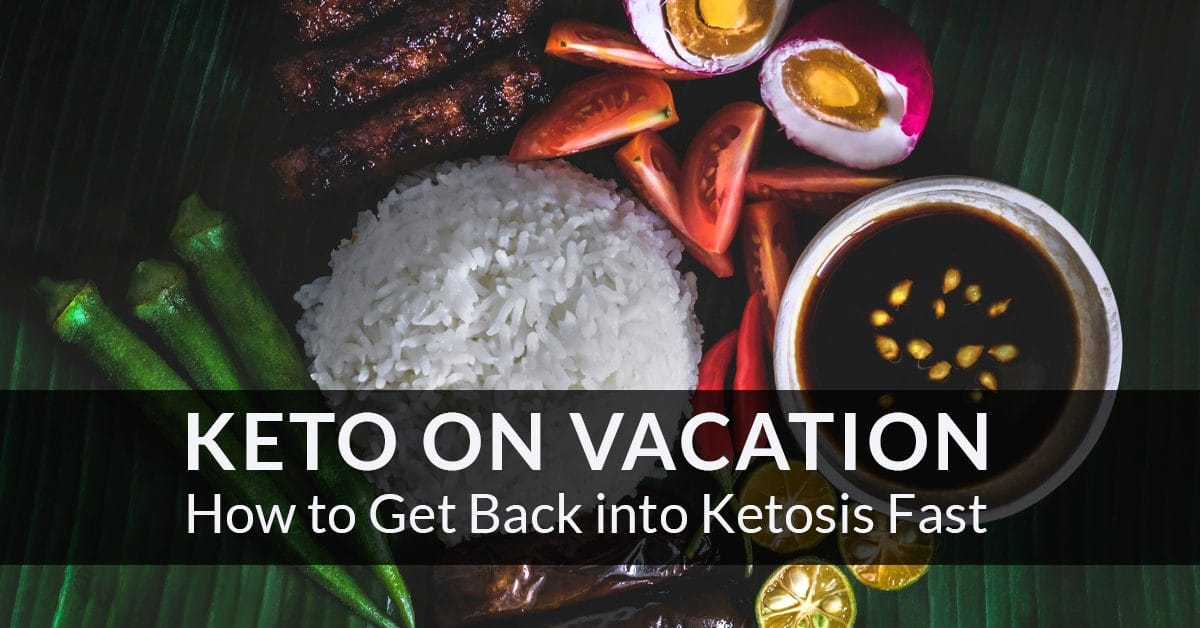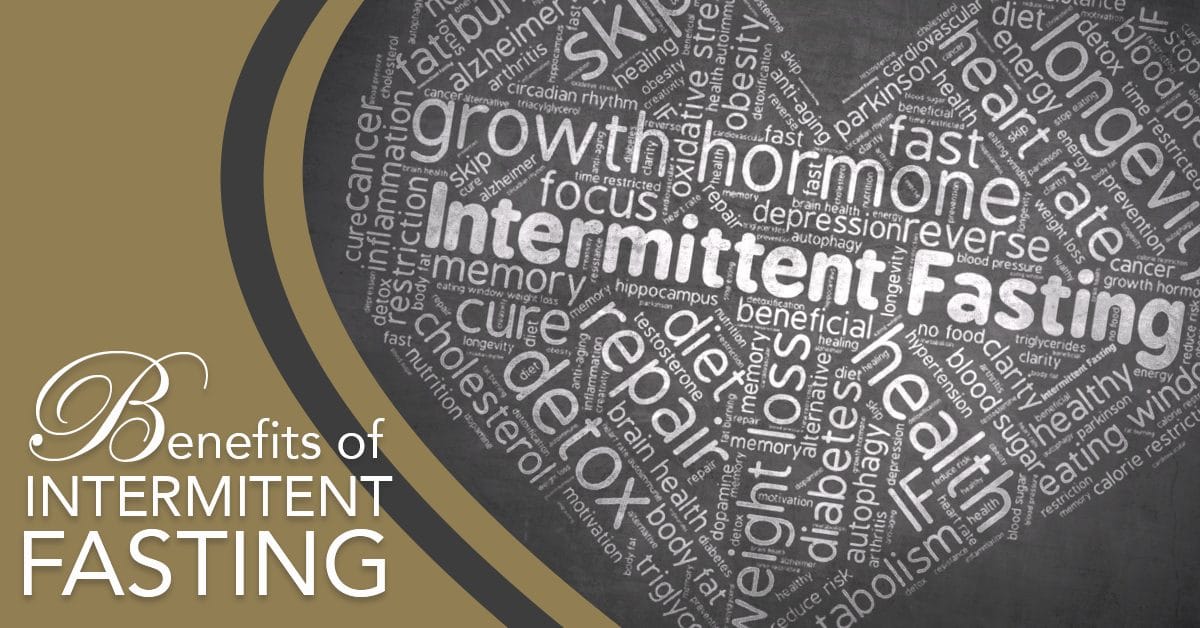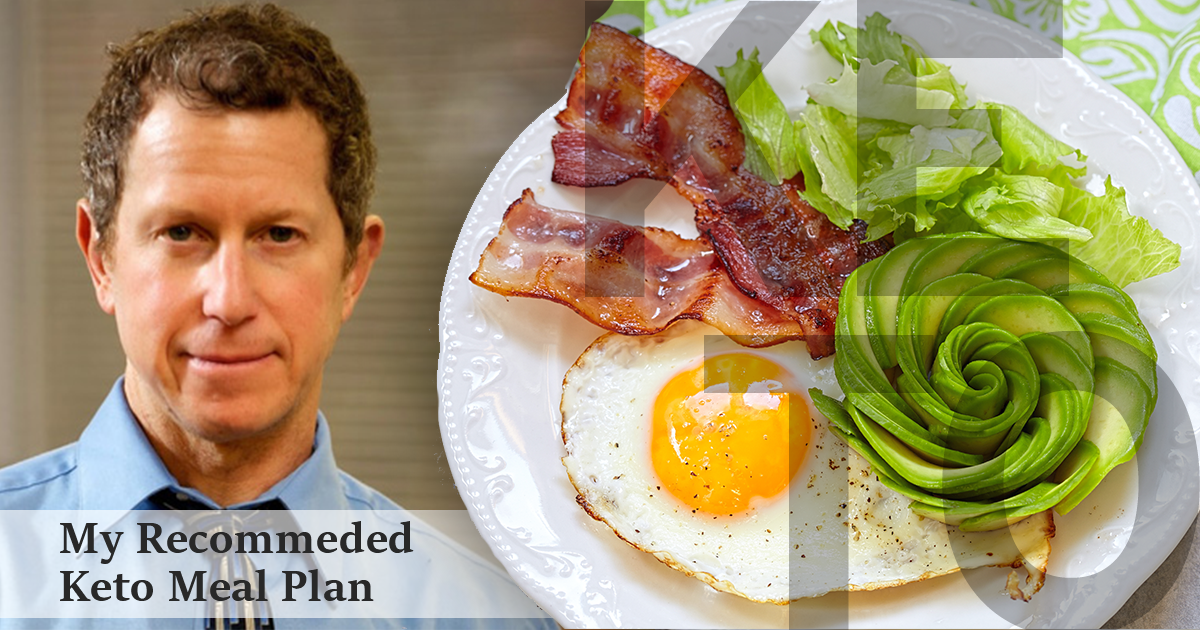How to Lose Weight and Keep it Off: Putting it all Together
This blog will make much more sense if you read my previous blogs on the Ketogenic diet. I have borrowed heavily from Dr. Jason Fung. However, many other doctors — including Dr. Will Cole, whose book, Keto-tarian, takes a more vegetarian and fish based approach to the keto diet) — are saying exactly the same thing! The common pathway relates to high insulin levels, which leads to insulin insensitivity – which can create a vicious cycle.
This can arise from the following:
- High sugar and/or processed foods (especially high carb food and flours)
- Constantly eating
- High cortisol levels due to stress or lack of adequate sleep or prednisone
The solution to this is clear if we look at the causes:
1A) Stop taking in external sugars (this includes virtually all exogenous sugars but also less obvious sugars such as fructose (leads to insulin resistance in the liver) , agave nectar, diet sweeteners, etc.
1B) Eliminate refined grains. Many people are better off limiting their gluten intake, even from whole grains. You have to experiment and see how it affects you. Refined grains increase insulin levels.
1C) Increase intake of healthy fats (note: the shortcoming of the original Atkins diet advocated that all fats are fine), vegetables and fiber. It is common sense that olive oil and avocados are going to be better for you than poor quality meats, such as hot dogs. Nearly everyone agrees that wild caught salmon is very good for you and that should limit fish intake that is high in mercury, such as Swordfish. Nearly everyone also agrees that it is better to avoid animals that come from large factories where they are given antibiotics and hormones, and that free range, organic meat is preferred if you are going to eat meat. There is no benefit to ingesting more protein than you need, since it will raise insulin levels and will get converted to fat. The right amount of protein will vary by person. For example, a serious weightlifter who weighs 200 lbs. needs more protein than a 150 lb. person, with a higher percentage of fat who does not lift weights at all.
2) There is more and more evidence that intermittent fasting is good for almost everyone. This means that you stop eating for an extended period of time. You should be drinking lots of water. Tea and coffee (either black or unsweetened coconut /almond milk or maybe small amount of half and half) are fine as well. You can also add a few slices of fruit or cucumber into your pitcher of water. You want to aim for 14-16 hours without food. You may want to take in some extra salt since you will lose sodium as you clean out your carbs. This is the most common reason for not feeling well during the fast. I believe taking ketone supplements makes this much easier. I take the supplements during my fast, with great results. The ketones cross the blood brain barrier and dramatically decrease my desire for food. I would add further that it can take time to get used to going longer and longer without food. It certainly did for me. The trick is to keep on working at it, even if you don’t reach your goals early. It is much easier to fast when you are busy at work or doing something to distract you. Incidentally, once you get used to these intermittent fasts (and also for longer fasts), you can absolutely exercise while fasting.
There are likely excellent reasons for trying a longer fast, especially if you are not dropping the weight that you want (also for internal self-healing), but I will blog on this at a later date.
3) All types of stress, such as emotional stress, lack of sleep, prednisone, etc. will raise your cortisol levels and this will in turn increase your insulin level. There are a number of good studies showing how important getting adequate sleep is, as well as dealing with your emotional/work/relationship stress. Activities such as exercising, walking in nature, meditation, getting a massage (I am a huge fan of the benefits of massage) are helpful. Generally things like spending time on the internet or parked in front of a TV are not useful for lowering cortisol levels.
Want to discuss available options for decreasing body fat? Call us at 703-406-2444 to schedule your complimentary, private consultation with me – I’d be happy to help you find the right solution for you!
As always, feel free to email me with your thoughts and questions at [email protected].
Contact us for a consultation!
Contact us for a consultation







